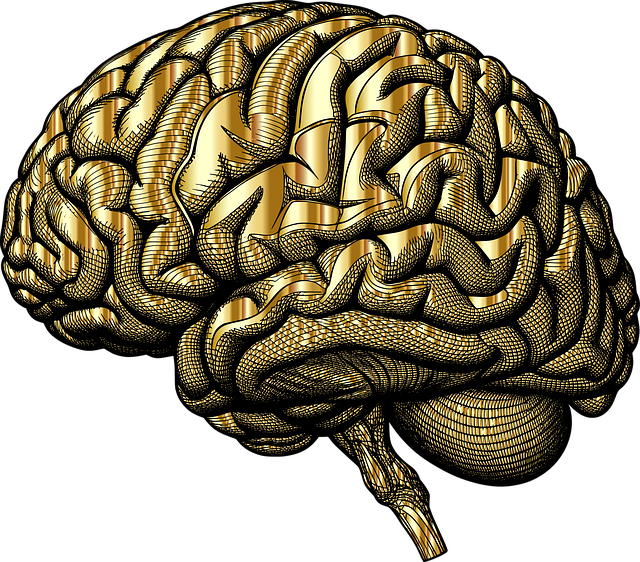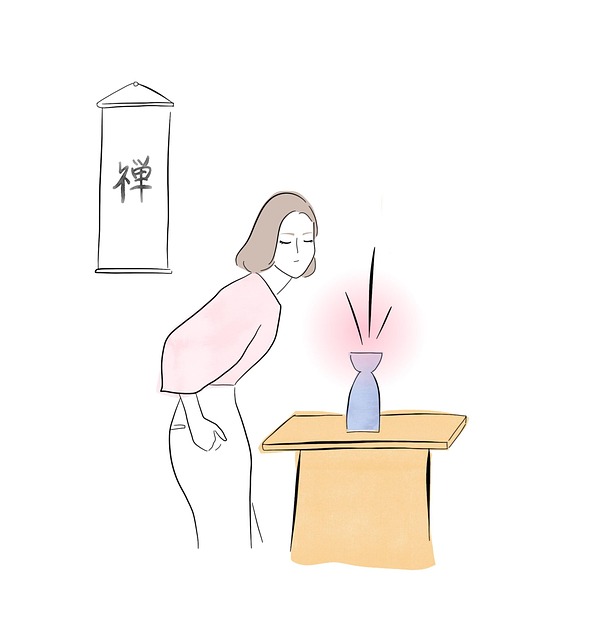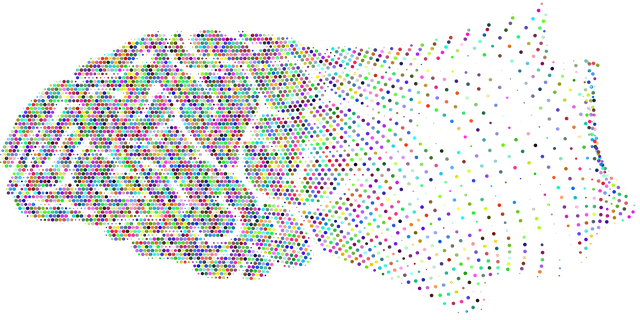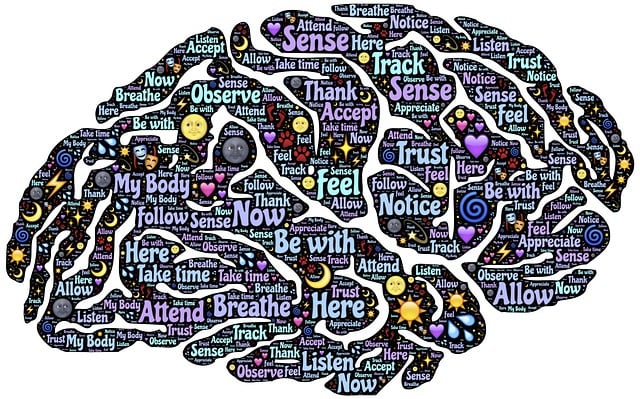Therapy for young adults with relationship issues benefits greatly from cultural sensitivity. Understanding diverse cultural backgrounds and incorporating strategies like mental wellness journaling, community outreach, and education programs creates inclusive environments that foster open communication and improved treatment outcomes. Skilled therapists navigate cultural beliefs, promote positive thinking, improve self-esteem, reduce stigma, and encourage resilience, leading to personal growth and well-being. To ensure effective care, therapists should undergo cultural sensitivity training, practice active listening, and maintain their own mental health through self-care routines, risk management planning, and burnout prevention. Incorporating compassionate cultivation and mindfulness meditation can significantly enhance treatment outcomes, as demonstrated by case studies showcasing improved mental well-being for young adults from diverse backgrounds.
“Cultural sensitivity is a cornerstone of effective therapy, especially when addressing the unique challenges faced by young adults. This article explores the profound impact of understanding cultural nuances on mental healthcare practice, focusing specifically on relationship issues among young adults.
We delve into strategies for professionals to foster inclusive environments, offering case studies that highlight successful cultural-sensitive approaches. By navigating these complex dynamics through a cultural lens, therapists can provide tailored support, enhancing outcomes for young adults seeking therapy.”
- Understanding Cultural Sensitivity: The Cornerstone of Effective Therapy
- Navigating Young Adult Relationship Issues Through a Cultural Lens
- Strategies for Mental Healthcare Professionals to Foster Inclusive Practice
- Case Studies: Successful Cultural Sensitive Approaches in Therapy for Young Adults
Understanding Cultural Sensitivity: The Cornerstone of Effective Therapy

Understanding Cultural sensitivity is paramount in mental healthcare, serving as the cornerstone for effective therapy, especially when addressing issues relevant to young adults. Incorporating an awareness of diverse cultural backgrounds, beliefs, and values allows therapists to create a safe, inclusive environment where clients feel understood and respected. This, in turn, fosters open communication, enhances therapeutic alliance, and ultimately improves treatment outcomes, particularly for those navigating complex relationship issues.
By integrating mental wellness journaling exercises, community outreach program implementations, and carefully designed mental health education programs, therapists can further cultivate cultural sensitivity. These strategies not only promote self-reflection and understanding among young adults but also provide guidance on navigating their unique cultural contexts within the therapeutic setting. This holistic approach ensures that therapy is tailored to meet the specific needs of each individual, regardless of their background.
Navigating Young Adult Relationship Issues Through a Cultural Lens

In today’s diverse society, mental healthcare practitioners must be adept at navigating young adult relationship issues through a cultural lens. Young adults from various backgrounds often bring unique perspectives and experiences into therapy, shaping their challenges and goals differently. For instance, cultural beliefs about interpersonal relationships, family dynamics, and emotional expression can significantly influence how a young adult perceives and copes with relationship difficulties. A therapist trained in cultural sensitivity can create a safe space, fostering open dialogue and understanding, thereby enhancing the therapeutic process.
By integrating practices that promote positive thinking and self-esteem improvement, while also acknowledging and addressing mental illness stigma reduction efforts, therapists can effectively support young adults. These approaches not only help individuals cultivate resilience but also encourage them to seek help without fear of judgment. Through this nuanced approach, therapy for young adults’ relationship issues becomes a powerful tool for personal growth and well-being.
Strategies for Mental Healthcare Professionals to Foster Inclusive Practice

Mental healthcare professionals play a pivotal role in creating safe spaces for young adults navigating therapy for relationship issues and other challenges. To foster inclusive practices, therapists should prioritize cultural sensitivity training to develop an awareness of their own biases and learn about diverse backgrounds, beliefs, and values. This knowledge enables them to create a non-judgmental environment where clients feel understood and respected.
Incorporating strategies like active listening, open-ended questions, and reflective practice allows professionals to gain deeper insights into their clients’ experiences. Additionally, encouraging self-care routine development for better mental health among therapists is essential. By implementing risk management planning and addressing burnout prevention through regular breaks and work-life balance, healthcare providers can ensure they remain present and attentive during sessions, ultimately enhancing the effectiveness of therapy for young adults dealing with relationship issues.
Case Studies: Successful Cultural Sensitive Approaches in Therapy for Young Adults

In recent years, mental healthcare has seen a growing recognition of the importance of cultural sensitivity. Case studies have shown that adopting compassionate cultivation practices and incorporating mindfulness meditation into therapy for young adults can yield remarkable results. These approaches are especially beneficial in addressing relationship issues that often stem from cultural disparities.
For instance, one study highlighted a therapist’s use of cultural humility to create a safe space for a young adult client from a minority background. By integrating mood management techniques tailored to the client’s cultural context, the therapist fostered open communication and significantly improved the individual’s mental well-being. This successful cultural sensitive approach not only enhanced the therapeutic relationship but also led to more effective treatment outcomes, emphasizing the value of tailoring therapy to meet the unique needs of young adults from diverse cultural backgrounds.
Cultural sensitivity is an indispensable tool for mental healthcare professionals working with young adults, as it allows them to navigate complex relationship issues with a nuanced understanding of diverse backgrounds. By adopting inclusive practices and considering cultural contexts, therapists can create safe spaces that foster trust and promote effective treatment outcomes. The strategies outlined in this article serve as a guide for professionals seeking to enhance their cultural sensitivity, ultimately improving the quality of care provided to young adults from various ethnic and social groups. Embracing cultural awareness is not just a professional responsibility but a powerful approach to revolutionizing mental healthcare.










